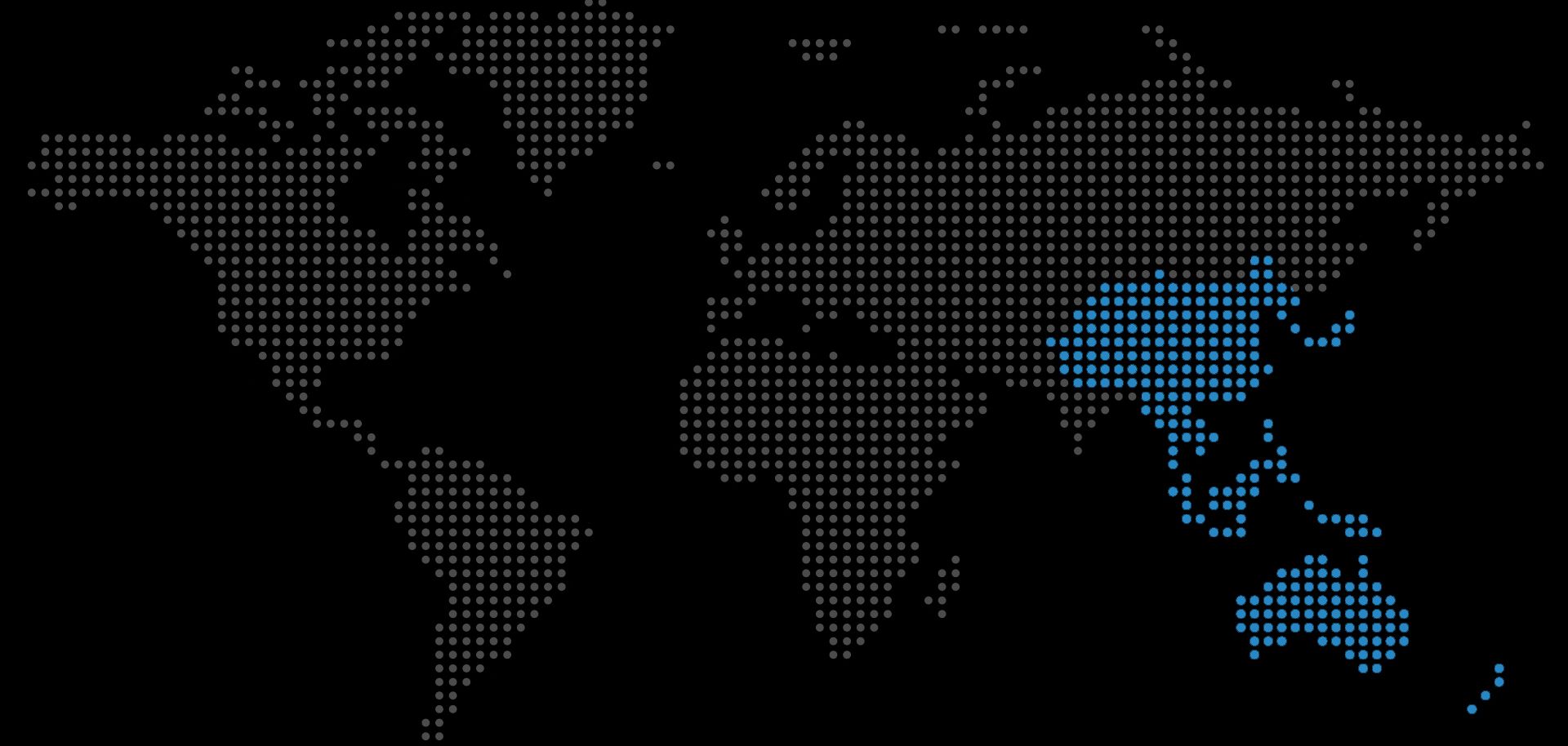With their trade war in unchartered waters, having expanded from tit-for-tat tariffs to a tug of war over "entity" blacklists and U.S. threats of banning American businesses from operating in China, U.S. and Chinese negotiators have agreed to a tentative, narrow -- and fragile -- reprieve. Two days of talks ended Oct. 11 with a meeting between U.S. President Donald Trump and Vice Premier Liu He, China's chief negotiator, and the announcement that Beijing and Washington had reached a "phase one" agreement. As a result, the White House will delay its planned Oct. 15 tariff increase on $250 billion in Chinese goods. The deal remains to be written, according to news reports, leaving details about China's commitment to buying $40 billion to $50 billion in American agricultural goods, enacting certain intellectual property protections and currency measures, and taking additional steps to open its financial sector to foreign investors to be worked out...

